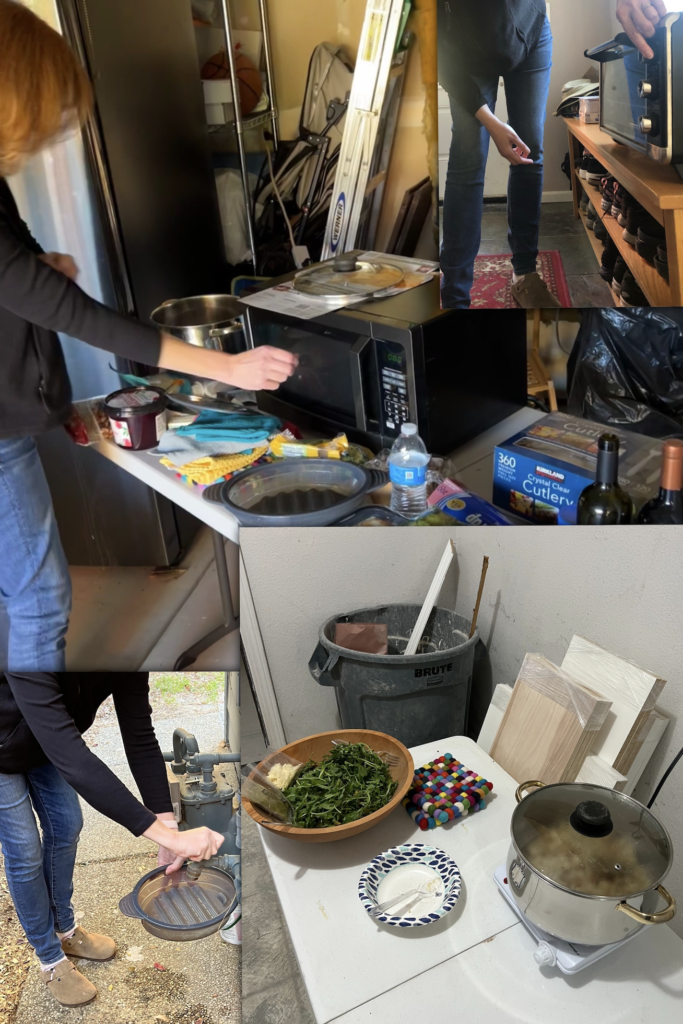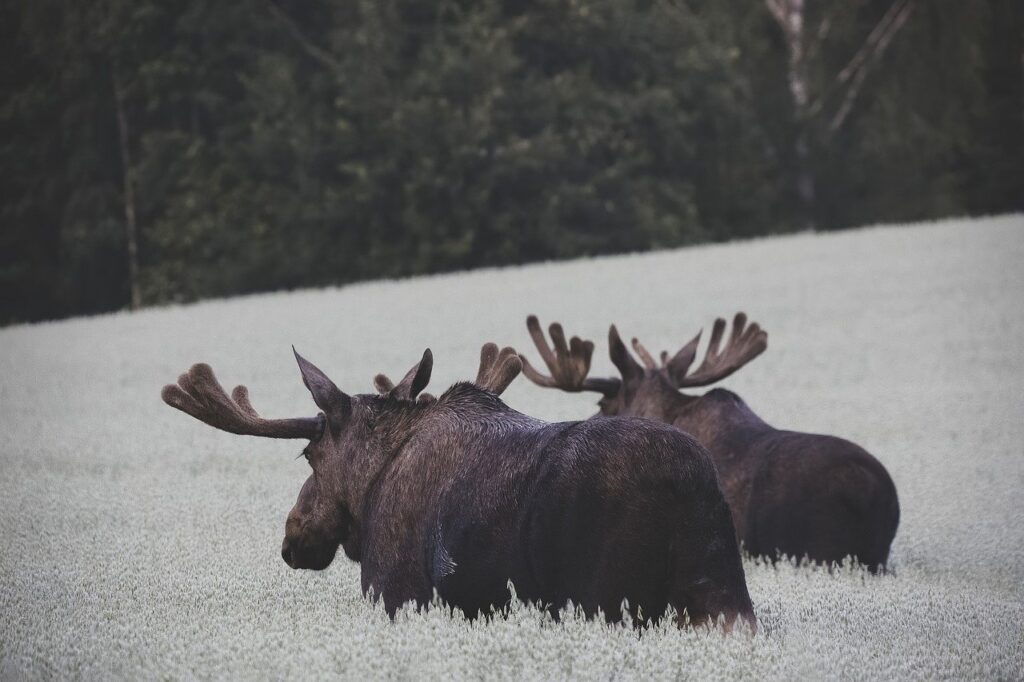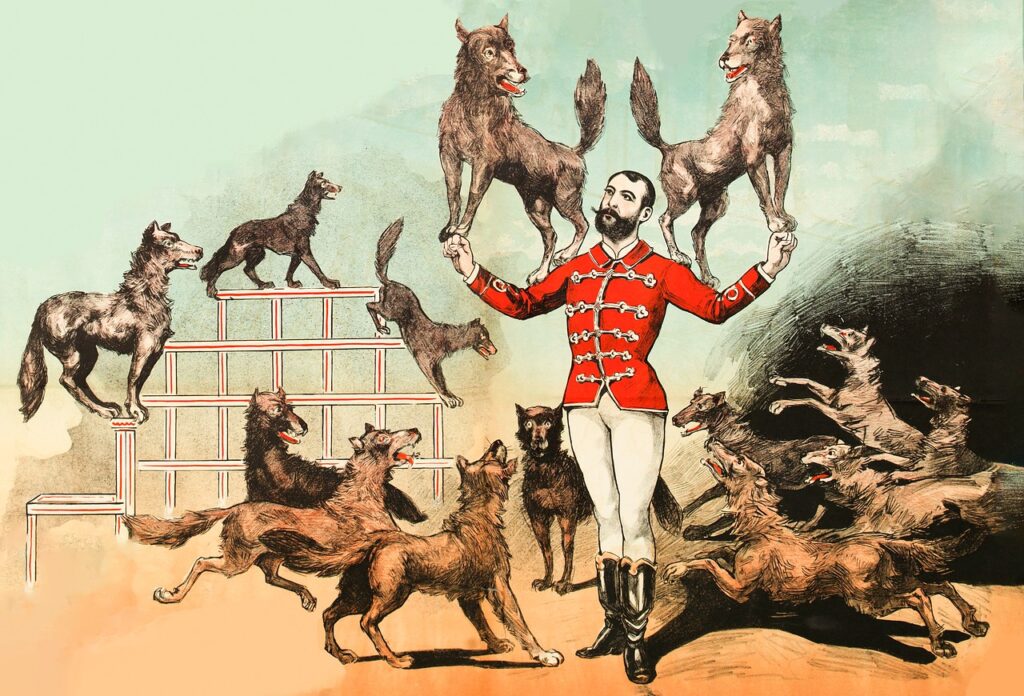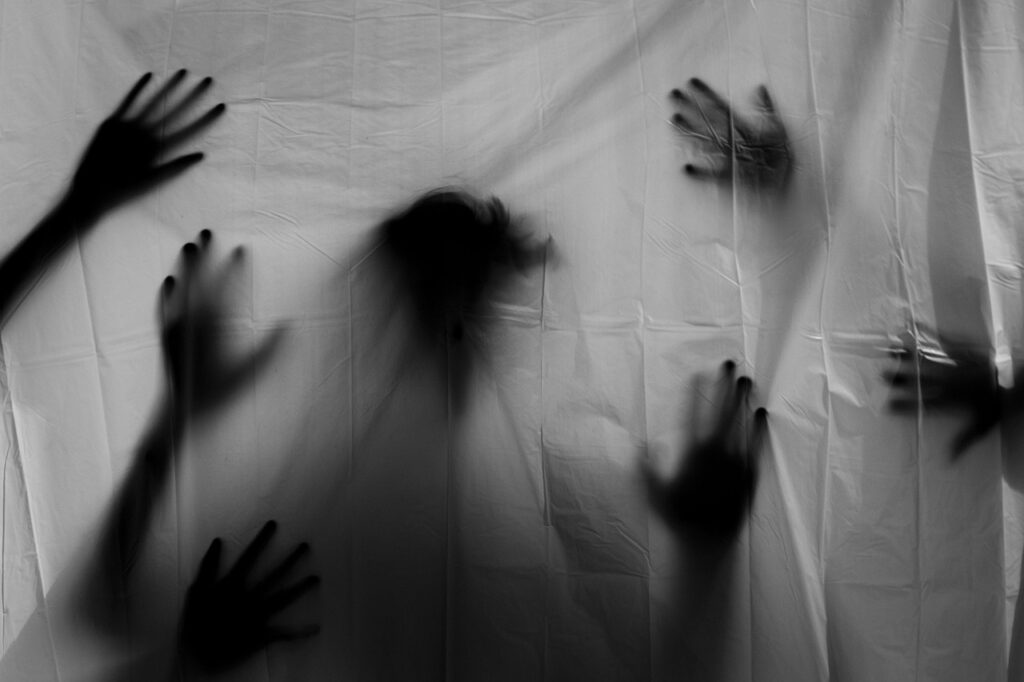
The Ache of Doorless Door Jambs
Dear Friends of the Pub Quiz,
Unscrew the locks from the doors!
Unscrew the doors themselves from their jambs!
Walt Whitman
We knew something was wrong with our house when our doors seemed no longer to fit their frames. Some doors would require lifting at the handles to close them correctly, while others seemed too large for their doorframes. We felt safe because a robber couldn’t walk in our front door even if it was unlocked.
We had the opposite problem at my DC home in the 1970s. Having read about lock-picking and infiltration, I was curious to know if I could “break into” my own home. Back then only I was small enough to crawl in our front basement window, and only I figured out how to lift the glass door enough out of its frame to clear the simple lock. Once on a return trip from Beavertown, Pennsylvania, my mom realized that she had left her housekeys a few hours away at the Cabin. “Allow me,” I said self-importantly, muscling open the door to a house that we had left “locked” but unsecured for previous three weeks.
I lived in a secure building in Boston in the late 80s, but my best friend Tito never asked to be buzzed in during his surprise visits. He would just appear at my front door with a big smile on his face. He told me that he was thinking of coming in my open window, but it was a third-floor walkup, and his mountain climbing skills would attract attention. A charismatic rogue, stealthy Tito had an impressive climbing speed.
Recently the painters working on the first floor of our home propped our four downstairs doors, at perpendicular angles, to dry after they had been painted. The image looks like something from Dr. Who. Monsters, Inc. introduced children to the concept of magic doors that could transport one anywhere in the world. Discovering in my Facebook memories photo comments from people who are no longer with us – I’m looking at you Merlyn Potters, Roy Meachum, France Kassing, Francisco Alarcón, and John Davenport – I wish I could walk through magic doors to rooms where I could again converse with these old friends.
Because of the work of a team of structural engineers and some amazing local contractors, the doors to our home now open smoothly, and soon we look forward to walking in the door to our remodeled kitchen. As I write these words, the door sculpture created by our painters is being disassembled, and the perfectly painted doors returned to their frames.
At a time when we are all closing and opening metaphorical doors, as happens at the end of each year, I am reminded of a door poem that I wrote when I was the poet laureate of Davis. Back then (as now, I suppose), whenever someone asked me to compose and write a poem for a public event, I would do so, especially if it were an event celebrating alumni donors to scholarships for UC Davis students. Let’s see if “Open Doors” holds up after six years:
Open Doors
Anything that can be imagined is real says the painter,
painting bulls and roses in mid-air,
but the rest of us appreciate a door.
Sometimes the unprepared student thinks that the door is a wall.
Who shall open the eyes of the student?
Will it be a cup of CoHo coffee, sipped at dawn?
Will it be a Delta breeze, promising rain?
Will it be a morning bike ride along the Quad?
Will it be an earbud extended riff by Hendrix or Buckethead?
(Like you, Microsoft Word did not recognize Buckethead, but my students do.)
The student needs more than motivation to find the door.
The student must first find that there is a door,
before she can walk through it.
That’s where you come in.
“A very little key will open a very heavy door,” Charles Dickens said,
and in your pockets and purses I hear the jingle of little keys.
“Be an opener of doors,” Ralph Waldo Emerson said,
and in this room I see people who turn handles.
Tonight, in this place,
are people who wear the boots
that kick doors open.
Tonight, gathered in this room, are Aggies,
and for them we shall open doors.
In my classroom, and in the classrooms you remember,
and in this grand recital hall of a classroom,
students follow Eleanor Roosevelt
in discovering that they will “do the things
that they could not do,” for they must.
“In between things known
and things unknown are the doors.”
Or so Jim Morrison taught us.
You have opened eyes and hearts as Jim Morrison did.
You have provided courage as Eleanor Roosevelt did.
You have handed over the keys as Charles Dickens did.
You have opened a door, as Emerson did.
Who steps through the door, inspired, resolved,
and ready to grow even further?
An Aggie steps through that door,
representing one hundred
or one thousand
or ten thousand other Aggies.
And we know them by their eagerness,
by their curiosity, by their creativity, by their ingenuity.
We know them by their resolve.
They are grateful; they are legion;
and they stand together, ready to change our world for the better.
Happy holidays to you and your families. I hope you will consider, at the end of this year and as we approach the beginning of the next, what doors you can kick open for those who would benefit the most from your action and your support.
Dr. Andy
Every week I write a pub quiz for subscribers. If you still have friends on your gift list whom you’d like to impress or delight, I invite you to buy them a yearlong subscription to a weekly Pub Quiz. Thanks to all the players and teams who support this effort every month via Patreon.
Here are three questions from last week’s Pub Quiz:
- The Sinai. What country spans the northeast corner of Africa and southwest corner of Asia via a land bridge formed by the Sinai Peninsula?
- Science. What do we call the scientific study of life that existed prior to, and sometimes including, the start of the Holocene epoch?
- Books and Authors. Which British Romantic poet wrote Songs of Innocence and Songs of Experience?
P.P.S. In my most recent podcast, I interviewed the poets Beth Suter (the Davisite who has published a new book of poetry) and Andrew Hemmert. Please listen and subscribe to Dr. Andy’s Poetry and Technology Hourwherever you get your podcasts, or find the show at https://poetrytechnology.buzzsprout.com/. On the first and third Thursdays of each month, I host the Poetry Night Reading Series at the John Natsoulas Gallery, 521 1st Street in Davis. Find out more at www.poetryindavis.com (where you can sign up for the mailing list).












